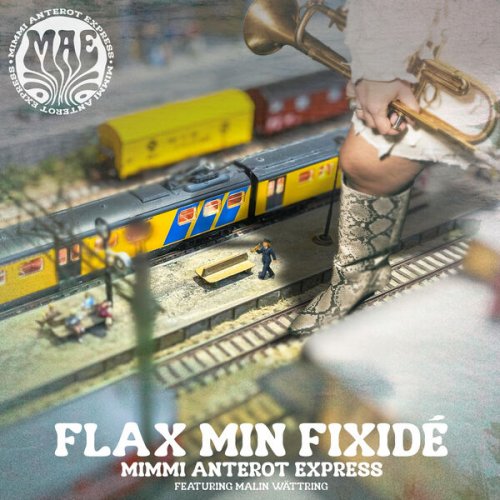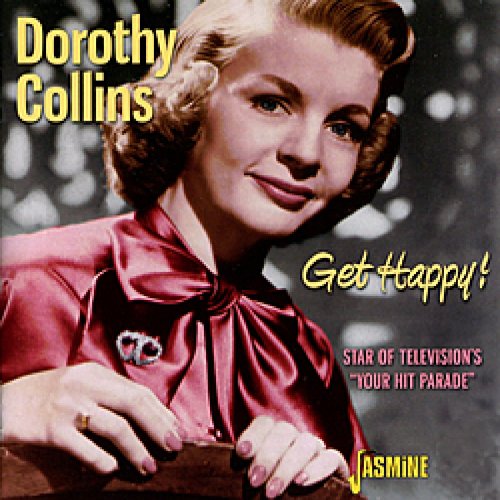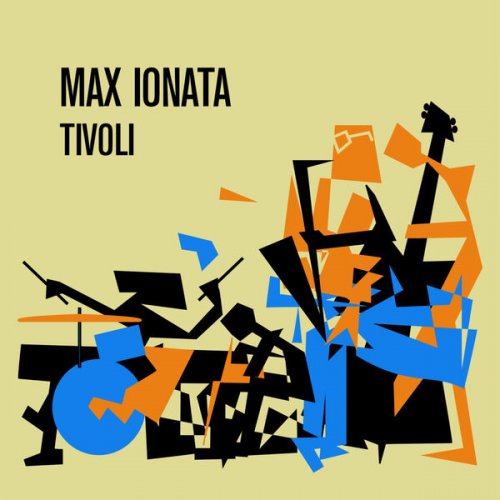Jean-Claude Malgoire - Lully: Alceste (1992)
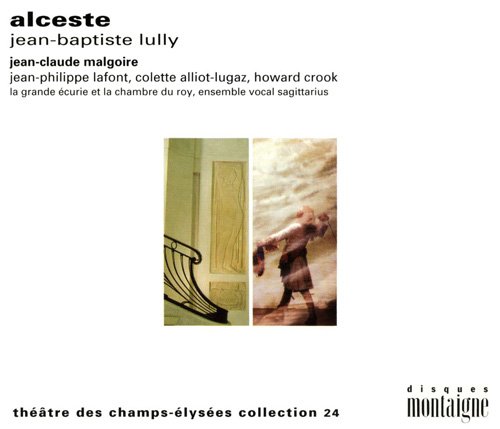
Artist: Jean-Claude Malgoire
Title: Lully: Alceste
Year Of Release: 1992
Label: Montaigne
Genre: Classical
Quality: FLAC (image + .cue, log, artwork)
Total Time: 02:38:07
Total Size: 1.14 GB
WebSite: Album Preview
Tracklist:Title: Lully: Alceste
Year Of Release: 1992
Label: Montaigne
Genre: Classical
Quality: FLAC (image + .cue, log, artwork)
Total Time: 02:38:07
Total Size: 1.14 GB
WebSite: Album Preview
CD 1
01. Prologue : Ouverture
02. Le Heros Que J'Attends Ne Reviendra-T'Il Pas?
03. Bruit De Trompette, Quel Bruit De Guerre...
04. Rondeau Pour La Gloire
05. Helas, Superbe Gloire, Helas!
06. On Ne Voit Plus Ici Paraitre
07. Qu'Il Est Doux D'Accorder Ensemble
08. L'Art, D'Accord Avec La Nature
09. Air Pour Les Divinites Des Fleuves, Menuet
10. L'Onde Se Presse
11. Air Pour Les Divinites Des Fleuves Et Les Nymphes, Loure
12. Choeur Des Naiades Et Des Divinites Champetres...
13. Air Pour Les Divinites Des Fleuves Et Les Nymphes, Menuet
14. Ouverture, Reprise
15. Acte I Scene I : Vivez, Vivez, Heureux Epoux
16. Scene Ii : L'Amour A Bien Des Maux
17. Scene Iii : Lycas, J'Ai Deux Mots A Te Dire
18. Scene Iii : Je Pretends Rire
19. Scene Iii : Je Vois Ton Amour Sans Colere
20. Scene Iii : Moins On A De Moments A Donner A L'Amour
21. Scene Iii : Le Mepris D'Un Volage
22. Scene Iv : Ritournelle, Dans Ce Beau Jour...
23. Scene Iv : Un Ton Grondeur Et Severe
24. Scene Iv : Si Je Change D'Amant
25. Scene Iv : Par Un Espoir Doux Et Trompeur
26. Scene Iv : Essaye Un Peu De L'Inconstance
27. Scene V : Straton, Donne L'Ordre Qu'On S'Apprete
28. Scene V : Qu'Aisement Le Depit Degage
29. Scene Vi : Vivez, Vivez, Heureux Epoux
30. Scene Vii : Air Pour Les Matelots
31. Scene Vii : Air, Rondeau
32. Scene Vii : Loure Pour Les Pecheurs
33. Scene Vii : Prelude, Dieux, Le Pont S'Abime Dans L'Eau
34. Scene Viii : Epoux Infortune, Redoute Ma Colere
35. Scene Viii : Les Vents
36. Scene Ix : Ritournelle, Le Ciel Protege Les Heros
CD 2
01. Acte Ii Scene I : Ritournelle, Alceste Ne Vient Point
02. Scene I : Un Rival N'Est Pas Inutile
03. Scene I : Un Hymen Qui Peut Plaire
04. Scene Ii : Allons, Allons, La Plainte Est Vaine
05. Scene Ii : Puisque Je Perds Toute Esperance
06. Scene Ii : Perissons Tous
07. Scene Ii : Marche En Rondeau
08. Scene Iii, Iv : Marchez, Marchez, Marchez
09. Scene Iv : Entree
10. Acte Ii Scene Iv : Achevons D'Emporter La Place
11. Scene V : Courage, Enfants, Je Suis A Vous
12. Scene V : Que La Vieillesse Est Lente!
13. Scene Vi : Ritournelle, Rendez A Votre Fils
14. Scene Vii : Cherchons Admete Promptement
15. Scene Vii : Peut-On Chercher Ce Qu'On Aime
16. Scene Viii : Ritournelle, O Dieux! Quel Spectacle Funeste!
17. Scene Viii : Alceste, Vous Pleurez! Admete, Vous Mourez!
18. Scene Viii : Alceste, Vous Pleurez! Admete, Vous Mourez!
19. Scene Ix : Ritournelle, La Lumiere Aujourd'Hui Te Doit Etre Ravie
20. Acte Iii Scene I : Ritournelle, Ah! Pourquoi Nous Separez-Vous?
21. Scene I : De Tant D'Amis Qu'Avait Admete
22. Scene Ii : Voyons Encor Mon Fils, Allons, Hatons Nos Pas!
23. Scene Iii : Rotournelle, O Trop Heureux Admete!
24. Scene Iii : Qu'Une Pompe Funebre
25. Scene Iv : Alceste Est Morte
26. Scene V : Pompe Fun, Formons Les Plus Lugubres Chants
27. Scene V : Rompons, Brisons Le Triste Reste
28. Scene V : Prelude, Que Nos Pleurs, Que Nos Cris...
CD 3
01. Acte Iii Scene Vi, Vii : Ritournelle, Sans Alceste, Sans Ses Appas
02. Scene Vii : Ritournelle, Le Dieu Dont Tu Tiens La Naissance
03. Acte Iv Scene I : Ritournelle, Il Faut Passer Tot Ou Tard
04. Scene I : Donne, Passe, Donne, Passe
05. Scene Ii : Sortez, Ombres, Faites Moi Place
06. Scene Iii : Prelude, Recois Le Juste Prix De Ton Amour Fidele
07. Scene Iii : Fete Infernale, Air
08. Scene Iii : Tout Mortel Doit Ici Paraitre
09. Scene Iv, V : Les Demons, Air Ecouter Ecouter
10. Scene V : Quittez, Quittez Les Jeux, Songez...
11. Scene V : Un Grand Coeur Peut Tout Quand Il Aime
12. Acte V : Prelude
13. Acte V Scene I : Alcide Est Vainqueur Du Trepas
14. Scene Ii : Ne M'Oteras-Tu Point La Chaine Qui M'Accable
15. Scene Ii, Iii : Qu'On Ne Porte Plus D'Autres Fers
16. Scene Iii : Je N'Ai Point De Choix A Faire
17. Scene Iii : Que Chacun Chante
18. Scene Iv : Prelude
19. Scene Iv : Pour Une Si Belle Victoire
20. Scene Iv : Ah! Que Ne Fait-On Pas!
21. Scene Iv : Pardonnez Aux Derniers Soupirs
22. Scene Iv : Ah! Quelle Gloire Extreme!
23. Scene Iv : Prelude
24. Scene Iv : Les Muses Et Les Jeux S'Empressent...
25. Scene Iv : Chantons, Chantons, Faisons Entendre
26. Scene Iv : Premier Air Pour Les Patres
27. Scene Iv : Deuxieme Air Pour Les Patres
28. Scene Iv : A Quoi Bon
29. Scene Iv : C'Est La Saison D'Aimer
30. Scene Iv : Triomphez, Genereux Alcide
Jean-Claude Malgoire has been one of the more important French conductors of the latter twentieth and early twenty first centuries. He has focused heavily on Baroque music, though his repertory also includes operas by Mozart and Salieri. As music director of the La Grande Écurie et la Chambre du Roy and l'Atelier Lyrique de Tourcoing, he has given many highly acclaimed concerts and opera productions, and made numerous recordings with major labels.
Malgoire was born in Avignon, France, on November 25, 1940. He exhibited talent as a child and after studying music locally he enrolled at the Paris Conservatory, where he studied oboe and received first prizes there for his solo playing and in chamber music. He launched his career as an oboist playing for symphony orchestras such as the Orchestre de la RATP, the Orchestre de la Société des Concerts du Conservatoire, and with the Orchestre de Paris. He often played jazz in night clubs in his early career with Michel Portal, Bernard Lubat, and other notable instrumentalists.
In 1966, while continuing his career as an oboist, he founded La Grande Écurie et la Chambre du Roy, a period-instrument ensemble devoted largely to Baroque music. He eventually abandoned playing oboe in orchestras (his last post was with the Orchestre de Paris), explaining he was not ultimately suited to the role.
Malgoire founded a second ensemble, this one the aforementioned Atelier de Tourcoing, largely devoted to the performance of Baroque and other early operas. Tours abroad in the 1970s quickly established the high artistic values of Malgoire and his ensemble, notably in two Rameau productions, the 1974 Les Indes galantes at the English Bach Festival and the 1978 Hippolyte et Aricie at Covent Garden. Later triumphs included the 1986 Aix-en-Provence festival production of Campra's Tancrède.
Malgoire has often been credited with unearthing previously lost
manuscripts from the Baroque era. When he discovered two arias from Act I of Vivaldi's Catone in Utica, he helped create a new version of the work for the acclaimed November 2001 live performance in Tourcoing.
Malgoire has continued his activities in the new century with numerous presentations of rare and familiar operas: in April 2002, he conducted l'Atelier Lyrique de Tourcoing in performances of Salieri's Falstaff at the Municipal Theater in Tourcoing and also led a production there by the same forces of Handel's Rinaldo in October 2005. ~ Robert Cummings
Malgoire was born in Avignon, France, on November 25, 1940. He exhibited talent as a child and after studying music locally he enrolled at the Paris Conservatory, where he studied oboe and received first prizes there for his solo playing and in chamber music. He launched his career as an oboist playing for symphony orchestras such as the Orchestre de la RATP, the Orchestre de la Société des Concerts du Conservatoire, and with the Orchestre de Paris. He often played jazz in night clubs in his early career with Michel Portal, Bernard Lubat, and other notable instrumentalists.
In 1966, while continuing his career as an oboist, he founded La Grande Écurie et la Chambre du Roy, a period-instrument ensemble devoted largely to Baroque music. He eventually abandoned playing oboe in orchestras (his last post was with the Orchestre de Paris), explaining he was not ultimately suited to the role.
Malgoire founded a second ensemble, this one the aforementioned Atelier de Tourcoing, largely devoted to the performance of Baroque and other early operas. Tours abroad in the 1970s quickly established the high artistic values of Malgoire and his ensemble, notably in two Rameau productions, the 1974 Les Indes galantes at the English Bach Festival and the 1978 Hippolyte et Aricie at Covent Garden. Later triumphs included the 1986 Aix-en-Provence festival production of Campra's Tancrède.
Malgoire has often been credited with unearthing previously lost
manuscripts from the Baroque era. When he discovered two arias from Act I of Vivaldi's Catone in Utica, he helped create a new version of the work for the acclaimed November 2001 live performance in Tourcoing.
Malgoire has continued his activities in the new century with numerous presentations of rare and familiar operas: in April 2002, he conducted l'Atelier Lyrique de Tourcoing in performances of Salieri's Falstaff at the Municipal Theater in Tourcoing and also led a production there by the same forces of Handel's Rinaldo in October 2005. ~ Robert Cummings
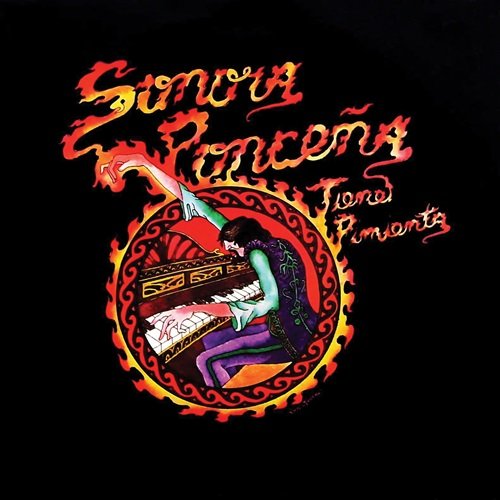
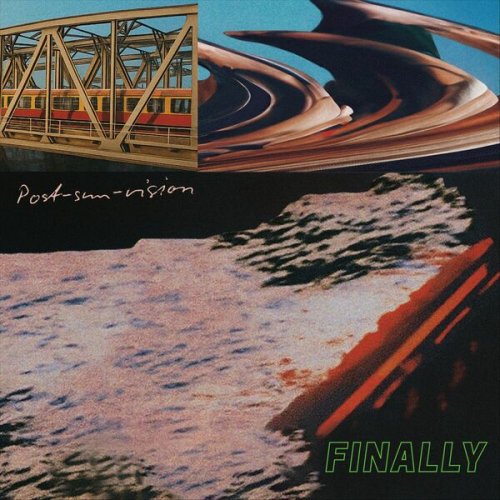

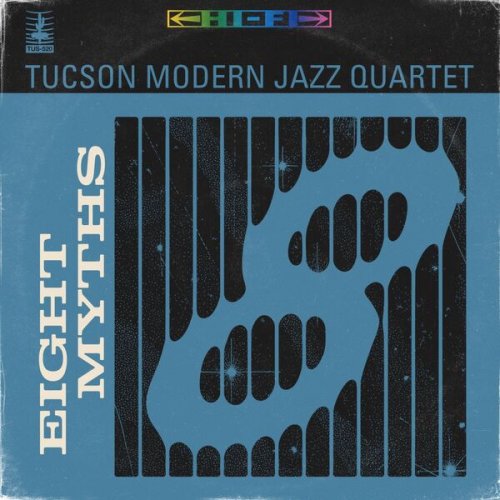
![Stephen McCraven - Wooley the Newt (2025) [Hi-Res] Stephen McCraven - Wooley the Newt (2025) [Hi-Res]](https://www.dibpic.com/uploads/posts/2025-12/1765906334_cover.jpg)
